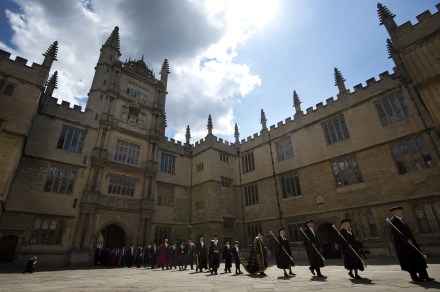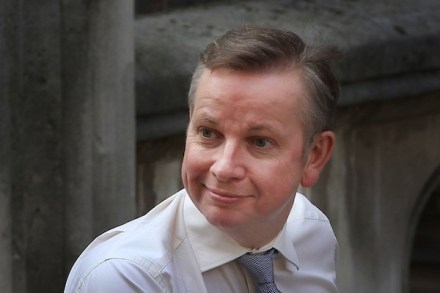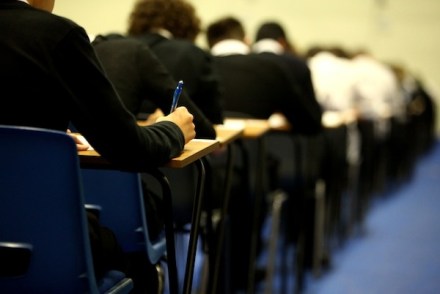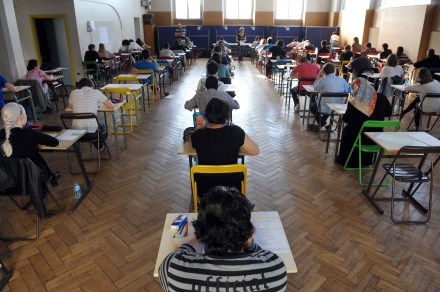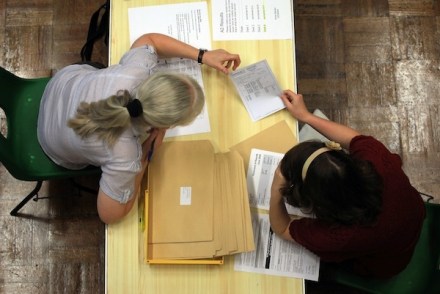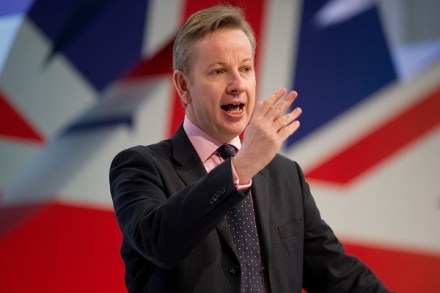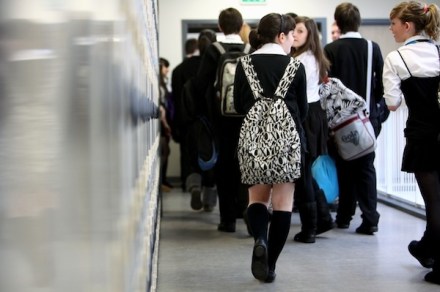University Admissions Should Be a Matter of Discrimination – Spectator Blogs
Cristina Odone begins her latest oh-woe-is-Britain post most amusingly: Around the world, people have long envied Britain’s two institutions: the BBC and Oxbridge. Britons, however, (or some of them) are determined to destroy both. They are going about it in a brutal and obvious way, by lowering standards for both Auntie and the great universities of Oxford and Cambridge. The BBC abroad was a byword for beautifully written and brilliantly produced programmes such as “The World at War” and “Upstairs Downstairs”. But in its obsession with “diversity”, the Beeb has allowed standards to slip: comedies that aren’t funny (but don’t sound middle class) and reality shows that teach nothing but
